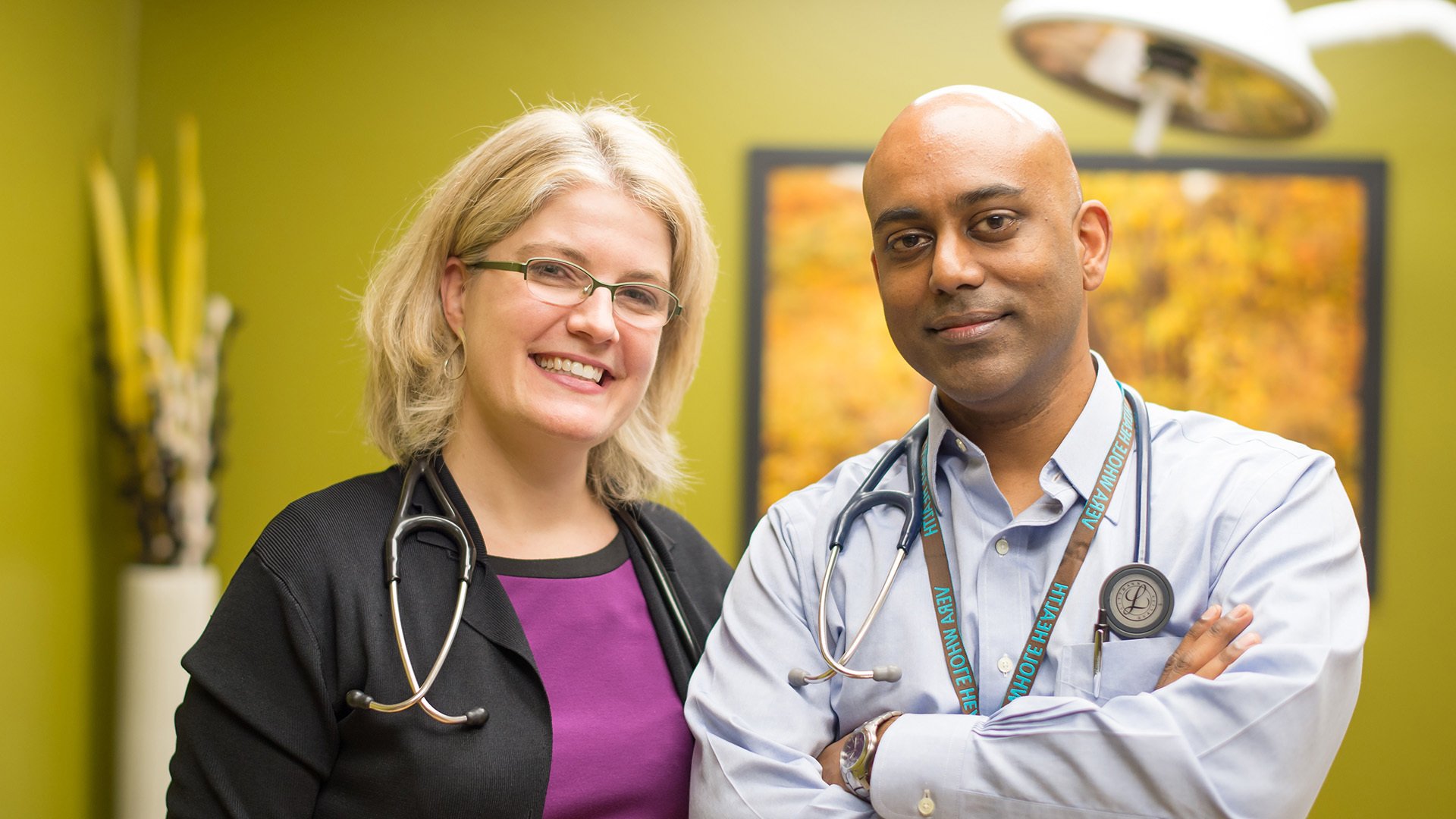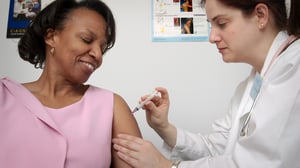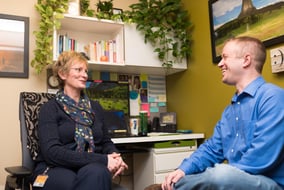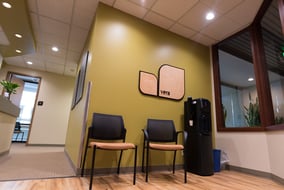Social distancing for the COVID-19 pandemic has provided one big, unexpected lesson: the importance of social connections. Curiously enough, social distancing has a counterpart in the way most healthcare organizations operate. Distance happens when providers have an average of only eight minutes to work with patients.
Under the current healthcare system, patient visits are scheduled in back-to-back 10-15 minute blocks. That makes it practically impossible to discuss health concerns, let alone build relationships. The burden and chaos of the COVID pandemic only aggravates the situation. All of this happens in the face of what healthcare providers already know: they need more time with patients to actually get to know them and develop real connections.
Care, in all definitions of the term, doesn't seem to fit anywhere. Professional detachment does, and the distance between detachment and neglect is tissue thin. This is no way to practice good healthcare.

More time with patients would mean not just better health outcomes, providers would have a better work experience. Doctors, nurses, and other front-line clinicians would have improved satisfaction that comes with fulfilling the motivations that led them to pursue healthcare careers in the first place.
It’s no stretch to say that the racially fueled social unrest now seen globally reflects public detachment about chronic societal issues. The links between social structures like systemic racism, economic status, and community health are made starkly obvious in coronavirus death rates for black Americans, as much as 3.5x more likely than that of their white counterparts. Roots run deep for the protests we’ve seen expressed here in the United States and in cities and streets around the world.
We as a society bridge that divide by spending time together, coming to know one another as complete human beings, not just physical or social characteristics or symptoms on any scale. Healthcare providers too must engage in those hard conversations about race, oppression, and privilege — but they must have the time to do so first.
At Vera, things are different

Vera practitioners typically see no more than 10-15 patients per day, far less than the industry standard. That means they have more time for essential tasks like charting, allowing practitioners to give each patient’s care plan the attention it deserves. Simply stated, we give patients and providers the time and opportunity to get to the root causes of health concerns and issues.
We intend to fundamentally change the way healthcare is provided. Our holistic approach to care gives providers the freedom to touch on areas providers seldom have the chance to explore. We practice empathetic listening to be sure we understand patient goals and barriers to improving their health.
Having the opportunity to develop real relationships leads to healthier patients. It also leads to happier providers who know they can practice medicine the way they should be.
Join us
If you want to be the change you see in the world — especially in healthcare — consider opportunities with Vera Whole Health. See if there’s an open position for you on the Vera team by signing up to get our hot jobs alerts.
Sign up
Join our email list to receive the latest open positions, Vera Careers news, and more.




